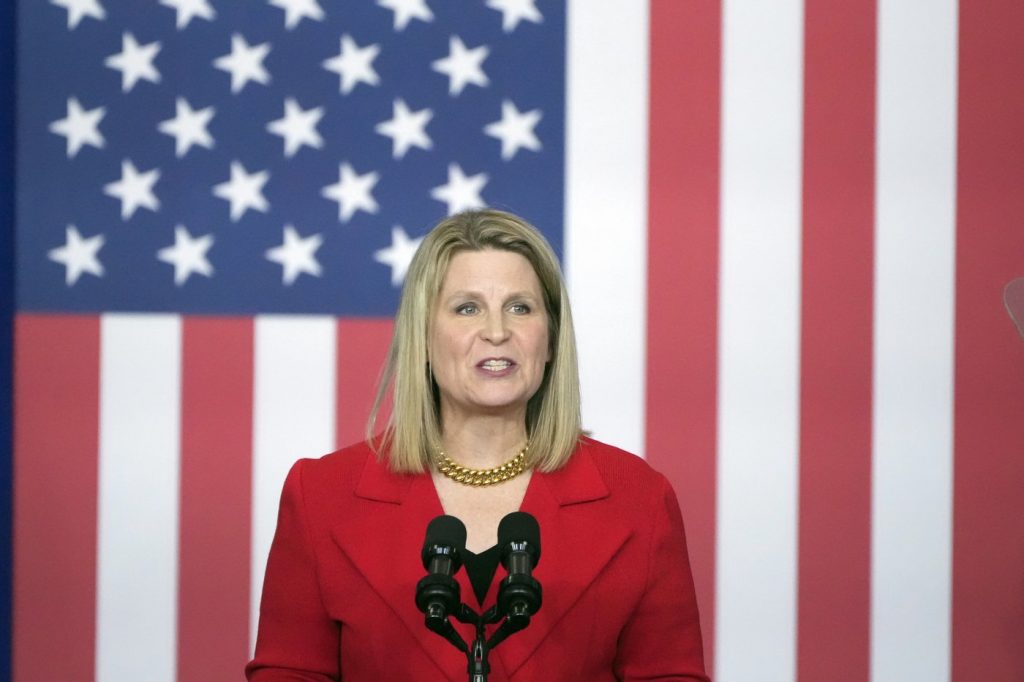The Service Employees International Union (SEIU) is rejoining the AFL-CIO after a two-decade separation, aiming to strengthen the labor movement's ability to assist workers facing legal barriers to union organization. The decision was unanimously approved by the executive boards of both union groups on Wednesday, with a formal announcement scheduled for Thursday in Austin, Texas, during a discussion with workers seeking to unionize.
Approximately 2 million workers in various sectors, including health care, janitorial, and food services, belong to the SEIU. Their return will increase the AFL-CIO's membership to nearly 15 million, thereby enhancing the political influence of a federation that already comprises 60 unions. This collaboration comes at a time when the labor movement is grappling with significant challenges in advocating for workers’ rights and better working conditions.
Both Liz Shuler, the President of the AFL-CIO, and April Verrett, the SEIU President, emphasized in interviews that the reunion was not a direct result of Republican Donald Trump potentially winning the upcoming November election and regaining the presidency. However, they recognize the necessity of a strong political presence in a Washington that may not fully support the labor causes they champion.
Shuler highlighted that uniting their forces is crucial for building strength and demanding greater recognition of workers' voices. Verrett echoed this sentiment, asserting that the focus is on organizing in unprecedented ways, which requires substantial power and resources.
President Joe Biden commented on the significance of this affiliation, stating that it will empower workers across the nation to organize better, secure higher wages, obtain improved benefits, and enhance retirement security. The SEIU and the Teamsters union previously left the AFL-CIO in 2005, with SEIU leadership criticizing the federation for not adequately addressing the declining union membership in the U.S. Over the last 20 years, the trend of diminishing union representation has largely continued, yet union leaders assert that about 60 million workers express a desire to join unions if circumstances permit.
By rejoining the AFL-CIO, SEIU officials believe they can effectively collaborate on best practices and research to tackle the challenges posed by certain employers and governmental resistance to unionization initiatives. Following Biden's decision to withdraw from the 2024 election campaign, both the AFL-CIO and the SEIU endorsed Vice President Kamala Harris as the Democratic nominee. In contrast, the Teamsters declined to endorse, an action interpreted by Trump as a triumphant sign for his campaign.
Furthermore, Trump has nominated former Rep. Lori Chavez-DeRemer, a Republican from Oregon known for her support of union policies, for the position of labor secretary. During the November elections, AP VoteCast revealed that 18% of voters were from union households, of which 54% supported Harris, while 44% voted for Trump. This data underscores the significant intersection of labor interests and electoral politics, as unions seek to navigate their role in a fluctuating political landscape as they strive for better outcomes for their members.










